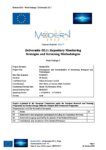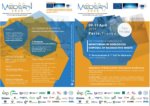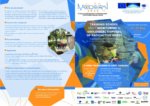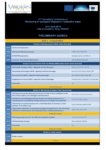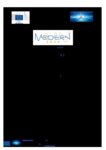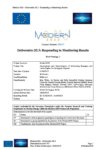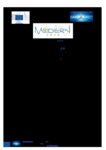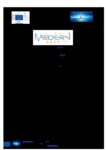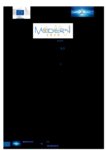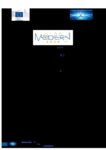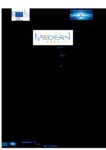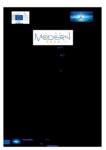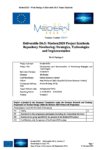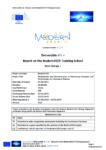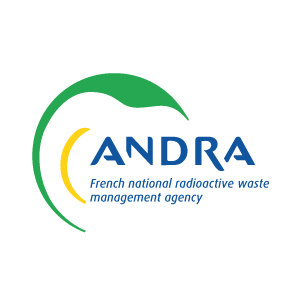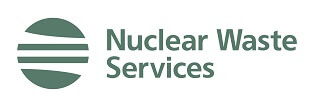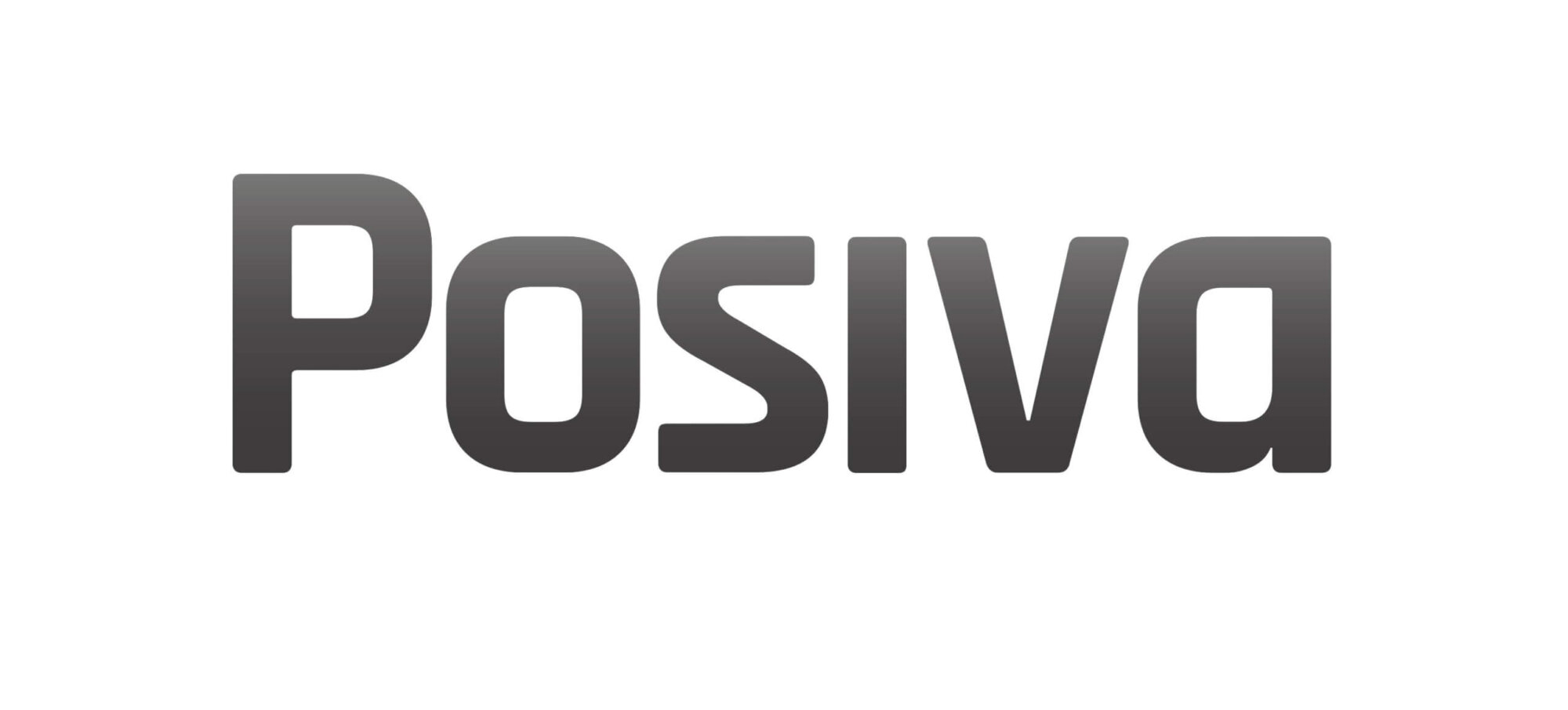Modern2020: Development and demonstration of monitoring strategies and technologies for geological disposal
Monitoring can play an important role in enabling waste management organisations to work towards the safe and accepted implementation of geological disposal. The objective of the Modern2020 project was to provide the means for developing and implementing an effective and efficient repository operational monitoring programme.
Overview
Project Dates: 1/06/2015 – 31/05/2019
Project Status: Finished
Project Website: www.modern2020.eu
Long-lived radioactive waste must be safely isolated and contained for long periods. Current radioactive waste management programmes are focused on disposal of long-lived waste in geological repositories as the most appropriate strategy for ensuring long-term safety of people and the environment. A successful strategy for the management and disposal of used nuclear fuel and long-lived radioactive waste should address both technical and societal needs, and monitoring has the potential to contribute to both of these aspects.
Monitoring can underpin a repository safety strategy; it can contribute to verification of the performance of the disposal system and can contribute to demonstration of compliance with regulatory requirements. Monitoring can provide better understanding of components evolution and thus allow to appreciating the optimisation possibilities. Monitoring can contribute to public and stakeholder understanding of processes occurring in the repository, and hence, it can respond to public concerns and potentially be used to build confidence in geological disposal. Monitoring can, therefore, play an important role in enabling waste management organisations to work towards the safe and accepted implementation of geological disposal.
The overall objective of the Modern2020 project was to provide the means for developing and implementing an effective and efficient repository operational monitoring programme, that was driven by safety case needs, and that took into account the requirements of specific national contexts (including inventory, host rocks, repository concepts and regulations, all of which differ between Member States) and public stakeholder expectations (particularly those of local public stakeholders at (potential) disposal sites).
The Modern2020 consortium brought together 28 organisations from Europe and Japan that are committed to the common goal of promoting targeted and innovative co-operation and synergy in the field of monitoring and to respond in an efficient way to major issues and challenges of developing and implementing a monitoring system.
- Eight radioactive waste management organisations (Andra, ENRESA, NAGRA, ONDRAF/NIRAS, Posiva, RWM, SKB, SURAO);
- Five organisations undertaking research in their respective country on radioactive waste management (DBETEC, ENEA, NRG, RWMC and VTT);
- One technical support organisation (IRSN);
- Four organisations with specialist technical monitoring expertise (AITEMIN, EURIDICE, AREVA, EDF-DTG);
- Eight academic research units (CTU, USTRAT, XLIM, TUL, UMONS, ETH) of which two are undertaking research in social sciences (UA, UGOT);
- Two specialist consultants (GSL, NID).
Modern2020 was a four-year project funded by the EU’s Horizon 2020 research and innovation programme (2014–2020), co-ordinated by Andra (France).
Objective
Based on the recommendations from recent international collaborative efforts, including the outcomes of the MoDeRn Project and IGD-TP 4th Exchange Forum, the overall objective of the Modern2020 project was to provide the means for developing and implementing an effective and efficient repository operational monitoring programme, that was driven by safety case needs and that took into account the requirements of specific national contexts (including inventory, host rocks, repository concepts and regulations, all of which differ between Member States) and public stakeholder expectations (particularly those of local public stakeholders at (potential) disposal sites). The work in the Modern2020 focused on monitoring of the near-field during the repository operational phase, and the project addressed the following issues:
- Strategy: developed detailed methodologies for screening safety cases to identify needs-driven repository monitoring strategies and to develop operational approaches for responding to monitoring information.
- Technology: carried out research and development (R&D) to solve outstanding technical issues in repository monitoring, relating to wireless data transmission technologies, alternative long term power supplies, new sensors, geophysics, reliability and qualification of components.
- Demonstration and Practical Implementation: enhanced knowledge on operational implementation and demonstrated the performance of state-of-the-art and innovative techniques by running full-scale and in situ tests.
- Societal concerns and Stakeholder Involvement: developed and evaluated ways for integrating public stakeholder concerns and societal expectations into repository monitoring programmes.




